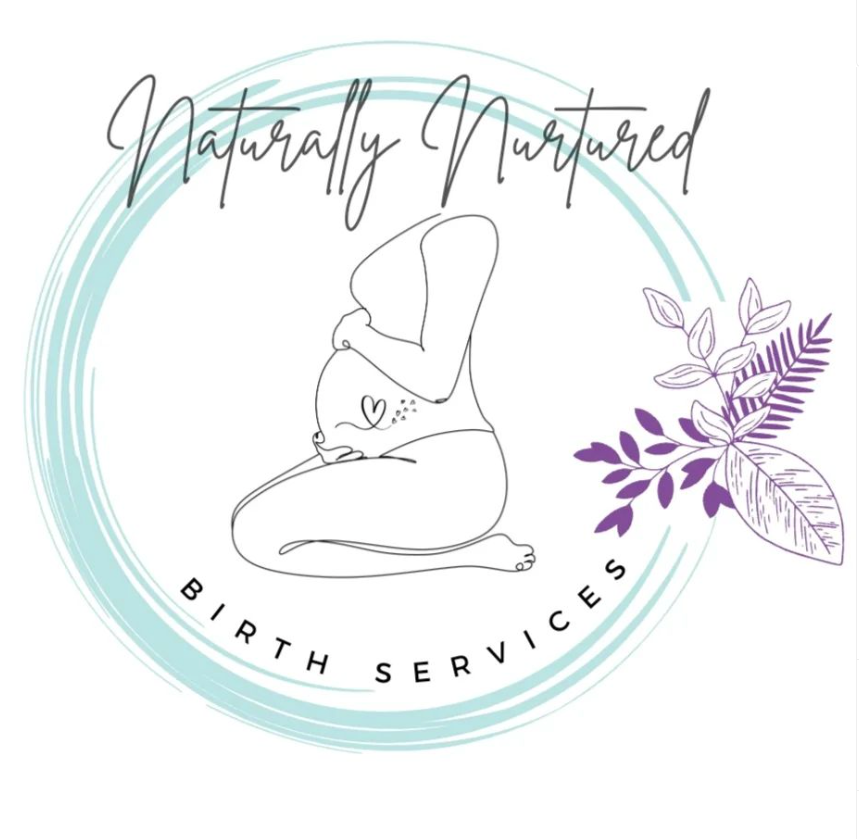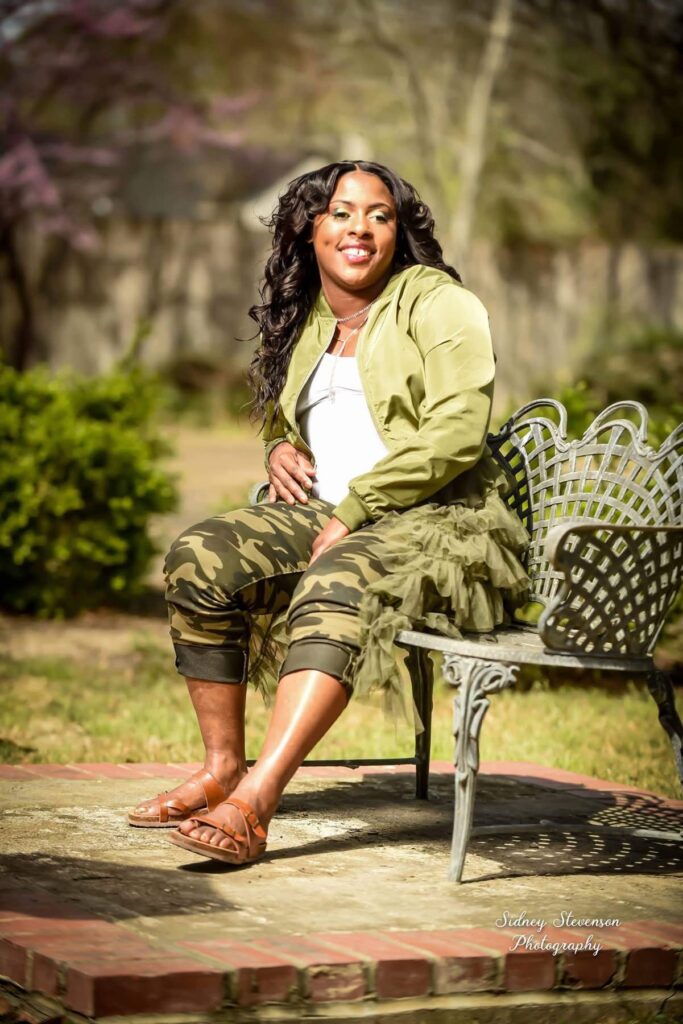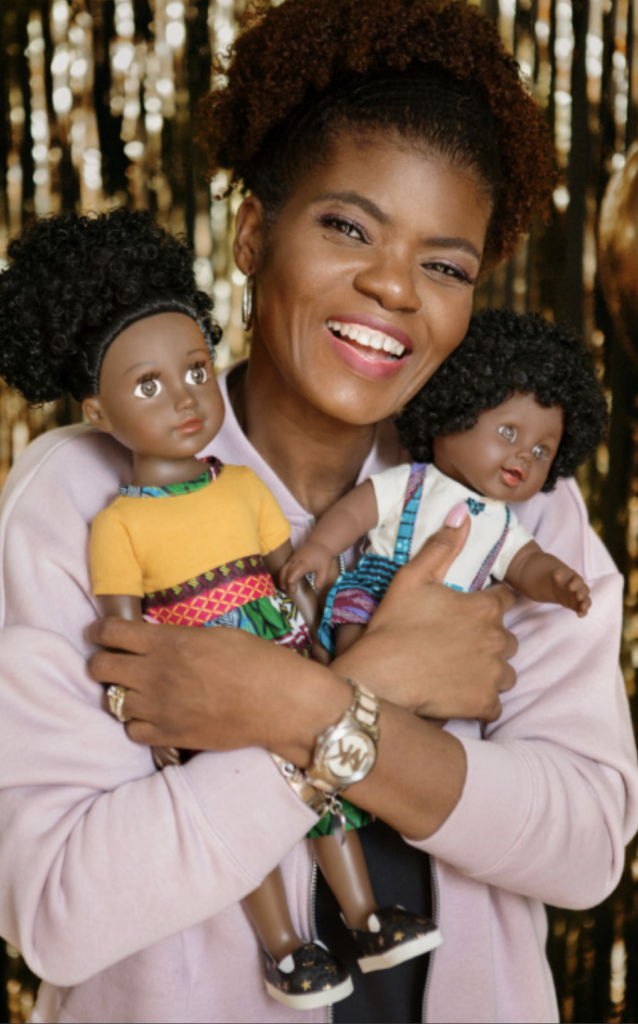
As founder of Memphis’s first doula collective support center which will soon open its doors, Shanille Bowens Harris is helping to provide important healthcare alternatives to women in every stage of birth from conception to delivery, and beyond. Her services include Childbirth education classes, Mental Health Services, and Providing affordable & accessible doula care. Doulas play a critical role in helping expectant mothers by advocating for them and allowing them to feel supported and empowered. They also help in making sure these mothers have the best possible birthing experience they can have and make the important decisions that align with each new parent’s core values and beliefs. Shanille is dedicating herself to this important and much-needed work in her community with appreciation from all the individuals she is impacting.
Why do you think it has become increasingly popular to have a doula assisting with the birthing process?
The popularity of doulas has increased over the years, especially during Covid. People were seeking more personalized and constant support while giving birth due to there being so many unknowns surrounding the virus. Also, more awareness has been brought to statistics and negative maternal outcomes, especially amongst Black women. People want someone to teach them how to be their advocate and someone who will advocate for them.
When did you realize that you wanted to begin a company that offers services to help aid pregnant women through every step of the process?
I realized I wanted to form a collective soon after receiving my professional training as a doula. The need was great, and I always carried an old African proverb with me; “If you want to go fast, go alone. If you want to go far, go together.”
What was the healthcare landscape for expectant mothers like in Memphis before your revolutionary care initiatives were created?
High maternal mortality rate: in 2017, the maternal mortality rate for Tennessee was 22.7 deaths per 100,000 live births, significantly higher than the national average of 17.4. This disparity was even more pronounced for Black women in Tennessee, who experienced a maternal mortality rate of 50.1. The infant mortality rate: like the maternal mortality rate in Memphis, was higher than the national average. In 2017, the infant mortality rate for Memphis was 9.2 deaths per 1,000 live births, compared to the national average of 5.8.
Did you have a background as a doula or in maternity health care before beginning Naturally Nurtured in 2018?
I did not have a background in maternal health, but I supported friends and family during labor. I always had an interest in health care, as I was a medical assistant for years.
How do you feel husbands or partners can also assist the doula & their mates to make the birthing process more comfortable?
Husbands play a crucial role in supporting their partners. We are not there to replace them. They must support them on a personal level, and we (doulas) support them on a professional level. The popular saying in the birth community is “The same way we get the baby in, we get the baby out,” and that is with love and lots of oxytocin!
Do you think one’s ethnicity plays a role in deciding to have home births or doula services?
I do not think ethnicity plays a role in whether to hire a doula or have a home birth, although financial barriers do.
Do you think African American Women and women of color tend to neglect postpartum care such as mental health services for the emotional side of becoming new mothers?
Although culturally, seeking mental health resources outside of the church has been a stigma, healthcare professionals overlook most African American women when it comes to recognizing and supporting mental health needs. Additionally, I feel like more Black women fear being scrutinized and separated from their children if there are mental health needs or postpartum mood disorders identified. Some do not speak up or seek help. We see far too many stories where Black children are ripped away from their mothers unnecessarily.


What advice can you offer first-time mothers mapping out or considering a birthing plan?
My advice would be to own your birth and have the courage to incorporate things that are important to you. Be okay with asking questions and asking for evidence to support a doctor’s decision to do or not do something. You will always remember this day. Make sure to note anything you wish to decline and make this moment special.
Helping to bring a child into the world is one of the most beautiful experiences an individual can have. Shanille Bowens-Harris not only gets to participate all the time but also facilitates the birth plan from conception to delivery. She even assists with postpartum services, which are essential for any new mother. It is even more critical for those who may not be able to afford proper health care or live in under-serviced areas such as Shanille’s hometown of Memphis. She is making an evident difference in her community as I am certain they are thankful for her and the services she provides at Naturally Nurtured.
For more information visit www.naturallynurturedbirthservices.com and follow her on Instagram at www.instagram.com/naturallynurturedbirth.
Follow Us On Social Media!




